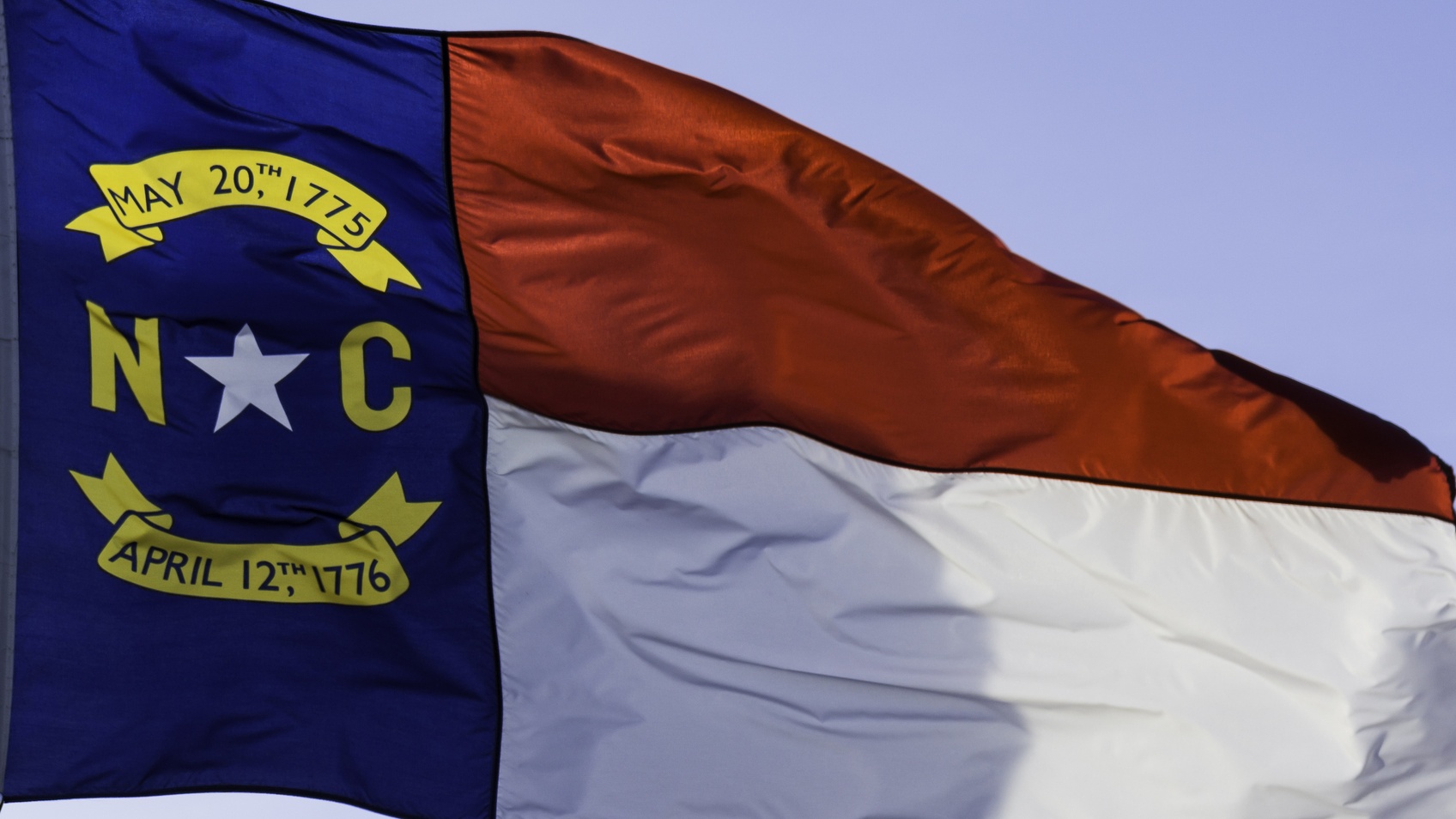The city council in Greensboro, North Carolina is considering making a formal apology to Black victims of The Greensboro Massacre, according to The Greensboro News & Record.
The massacre occurred on Nov. 3, 1979, when residents of a low-income housing community, who were a part of a local Communist Workers Party group, held a demonstration called "Death to the Klan." During the event, members of the Ku Klux Klan and American Nazi Party shot five protesters to death and injured 10 others.
The killings left an indelible mark on the city's Black population that lives on even today, although the city of Greensboro has never formally apologized for the massacre nor accepted responsibility for the inactions of its police force. According to city records, officers in the city knew that members of the Ku Klux Klan and the American Nazi Party were planning to kill people but did nothing to stop it.
The upcoming apology would be the first formal one issued by the city council.
On the 40th anniversary of the tragic event, The Charlotte Observer reported that white nationalists heard about the rally and showed up heavily armed, shooting at protesters directly in front of television cameras.
Signe Waller told Teen Vogue in 2018 that she was with her son and husband during the rally when the Ku Klux Klan members started firing.
“I felt like I had been running forever. I just hoped he could run faster,” she said, adding that her husband was killed that day.
Nelson Johnson, one of the pastors who organized the historic protest, told a local news outlet that he was stabbed in the arm with a butcher knife and still cannot lift certain fingers since the attack.
The movement to commemorate the deaths and create a scholarship in their honor started last year when members of a coalition called the Greensboro Pulpit Forum came together and petitioned city council members to issue a formal apology for what happened.
"The hurt from the confusion, or the lack of clarity from the city on the 1979 Greensboro Massacre, if you answer that, you can set a new trajectory and move the city forward," one clergy member said during a rally last year, according to WFMY News.
The calls for an apology came just one month after the 40th anniversary of the massacre, Mayor Nancy Vaughan told The Greensboro News & Record on Oct. 2.
Vaughan added that she and other council members made edits to a draft of the apology which will be considered on Oct. 6.
"It was something that we took very seriously. We were looking at one moment in time," she said.
The city council members and mayor released an advance copy of the resolution to the local newspaper and in it, they apologize to victims, families and the Morningside Homes community that was affected.
According to The Greensboro News & Record, the city plans to make amends for "the failure of any government action to effectively overcome the hate that precipitated the violence, to embrace the sorrow that resulted from the violence and to reconcile all the vestiges of those heinous events in the years subsequent to 1979."
The Morningside Homes Memorial Scholarships will also be created in honor of the five people who were killed that day, including Cesar Cauce, James Waller, William Evan Sampson, Sandra Neely Smith and Michael Nathan.
Five graduates of Dudley High School will be eligible for the $1,979 scholarship each year and those chosen will also be honored at a Human Rights Celebration the city holds annually.
No one was ever held accountable for what happened that day. Multiple Ku Klux Klan members were tried and acquitted for their actions, but the city did eventually pay the family of one victim a $351,000 settlement after it was revealed that multiple police officers were involved in the attack, according to The Charlotte Observer.
“After more than two decades, the two criminal trials, and a civil trial that found members of the Greensboro Police Department jointly liable with Klan and Nazi members for the wrongful death of one victim, many in the Greensboro community still did not feel that justice had been served,” a report on the massacre from the Truth and Reconciliation Commission wrote in 2006.
The commission recommended a memorial be built and an apology be issued but neither was ever done.
